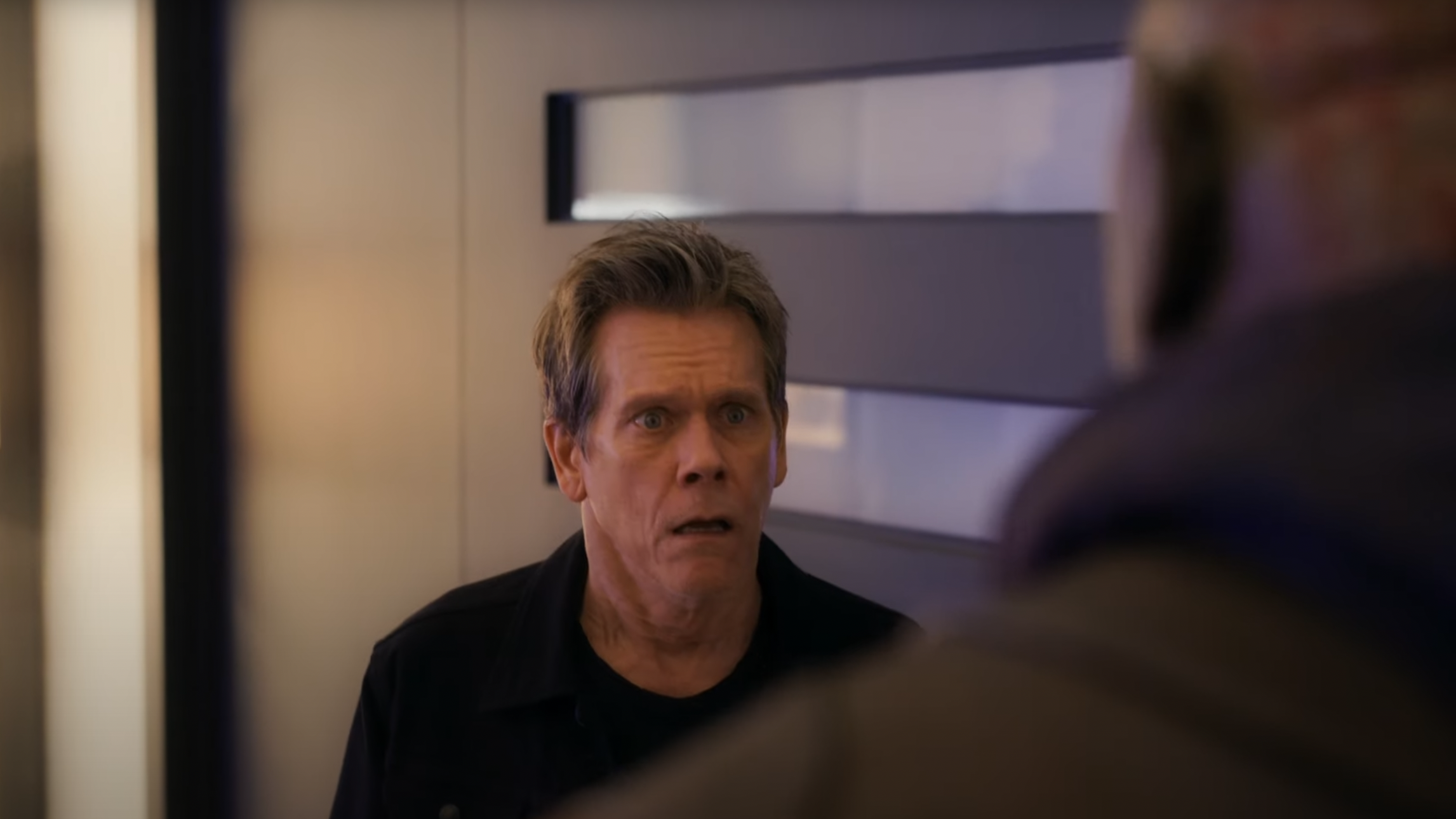
More than 10,000 professional actors, musicians, writers, and other creators have signed a petition urging against AI using their work without permission for training. British composer Ed Newton-Rex wrote the statement and set up the signature collection. The ranks of signers include many famous names. They range from Hollywood stars like Kevin Bacon and Julianne Moore to record-selling musicians and composers like Thom Yorke of Radiohead and Abba’s Björn Ulvaeus and best-selling authors Harlan Coben and Ted Chiang. The statement itself is brief and to the point:
“The unlicensed use of creative works for training generative AI is a major, unjust threat to the livelihoods of the people behind those works, and must not be permitted.”
Essentially, the signers are anxious that their copyrighted works are contributing without their permission to the enormous amounts of data used to train generative AI models behind ChatGPT, Gemini, Meta AI, and so many other text, image, audio, and video creation tools. They claim that it violates various intellectual property laws and regulations.
Along with individual celebrities, the statement has garnered the approval of many organizations in the creative space. SAG-AFTRA, the American Federation of Musicians, Universal Music Group, and the International Publishers Association are just a few who signed in support.
There’s an issue of compensation as well. For instance, Meta wrote hefty paychecks to celebrities for permission to use their voices with its new Meta AI assistant. Without that, these complaints cause issues, like when OpenAI was accused of mimicking Scarlett Johansson’s voice for ChatGPT in imitation of the movie Her.
Newton-Rex knows the AI space well, having formerly worked on generative AI audio models at Stability AI. He has claimed he left partly because he believed Stability AI went too far in leaning on the fair use doctrine for training its models. He now runs Fairly Trained, which describes itself as a “non-profit certifying generative AI companies for fairer training data practices.”
Today we’re publishing a statement on AI training, signed by 10,000+ creators already:“The unlicensed use of creative works for training generative AI is a major, unjust threat to the livelihoods of the people behind those works, and must not be permitted.”Signatories include… pic.twitter.com/AqVaEThMs4October 22, 2024
AI pushback
This is far from the first such lawsuit. OpenAI alone has multiple pending cases from writers who claim ChatGPT infringed on their work, while Suno, Udio, and other AI music creators are dealing with lawsuits from the Recording Industry Association of America (RIAA) and major music labels. The complaints, legal and otherwise, are growing as the AI tools they rail against explode in popularity. They are a facet of the bigger ethical and regulatory questions currently unanswered around AI models and their training data.
You probably won’t notice any impact on AI tools in the short term, but the signers clearly hope to push the debate over ethical AI training to the forefront and shape the ultimate form of regulations and laws surrounding the practice. It won’t do much on its own, but in tandem with the resolution of legal challenges and new regulations, it could be a factor in how AI companies design and build their models in the years ahead or whether the current system of creative work compensation looks anything like it does today.




















+ There are no comments
Add yours